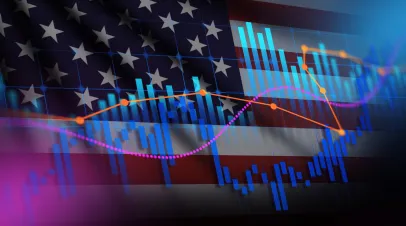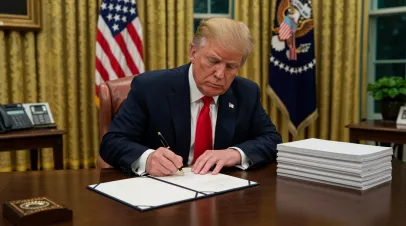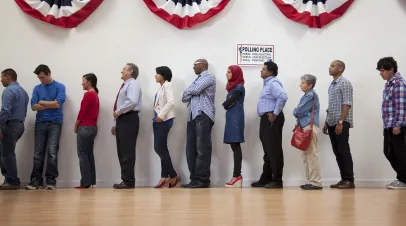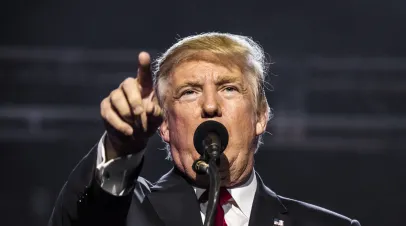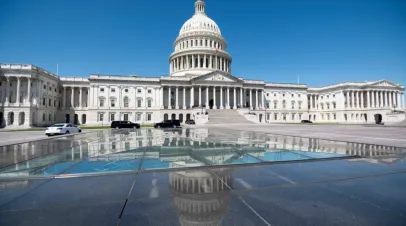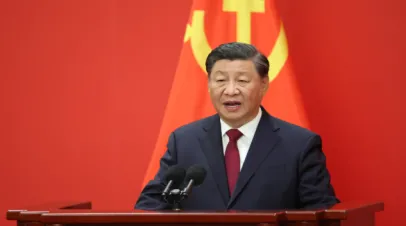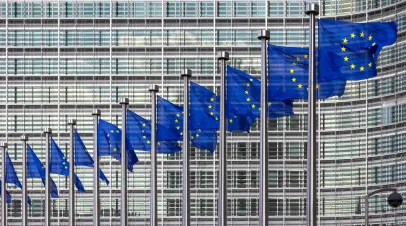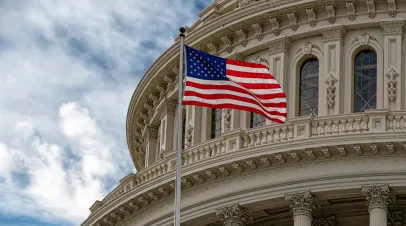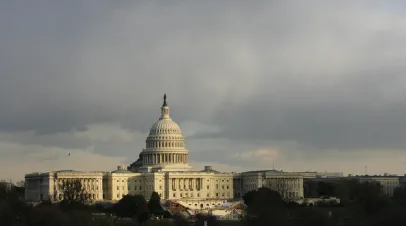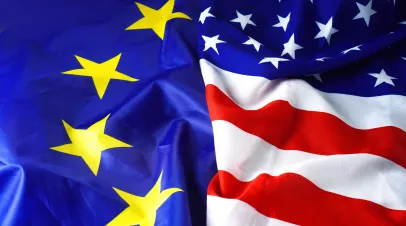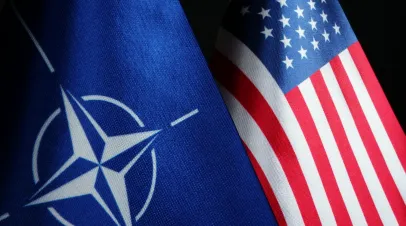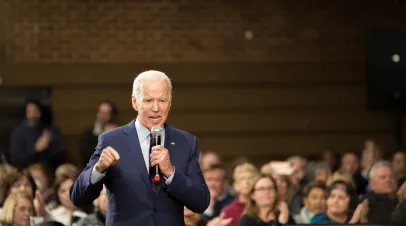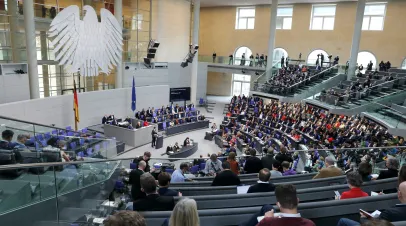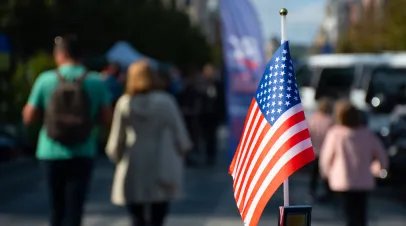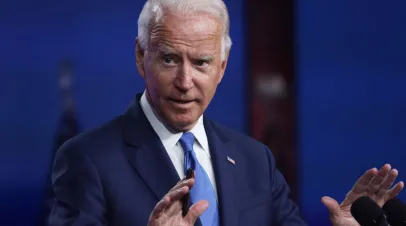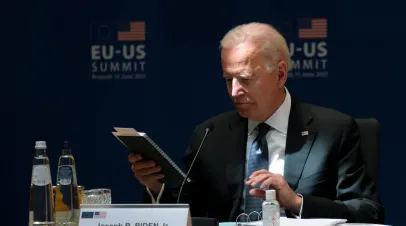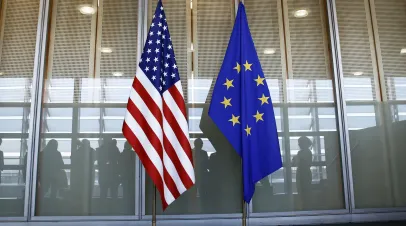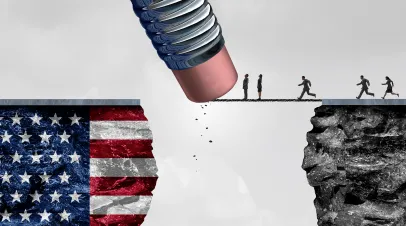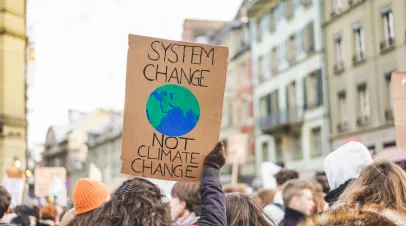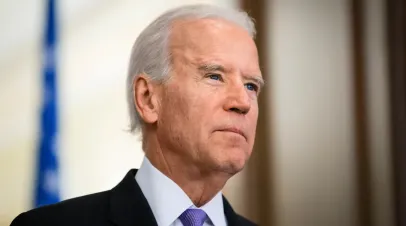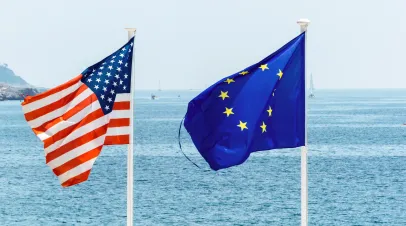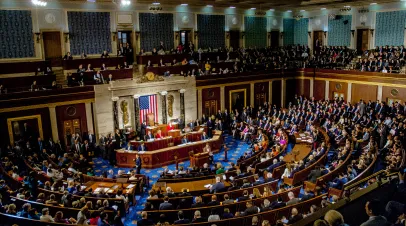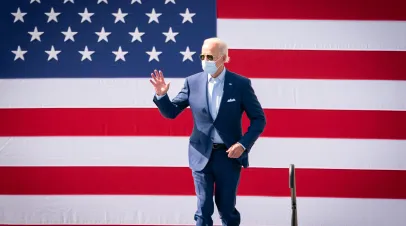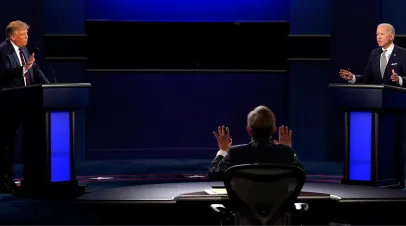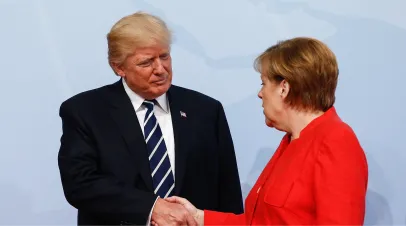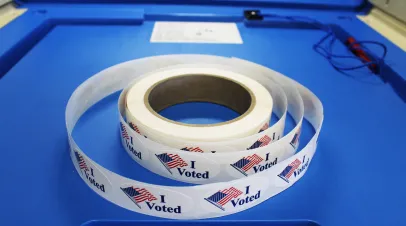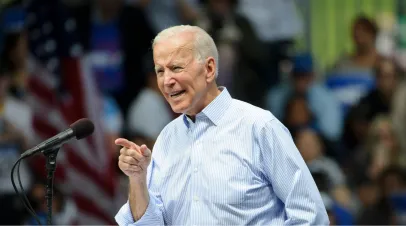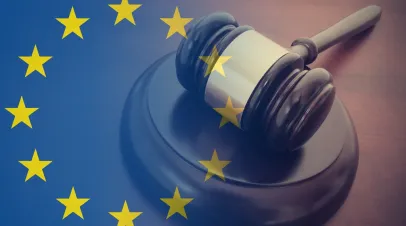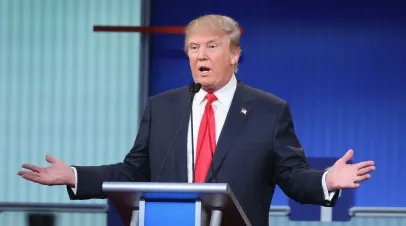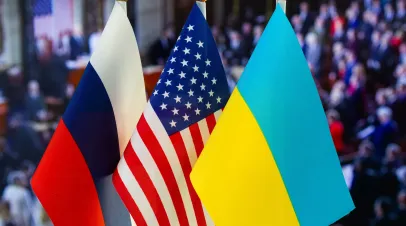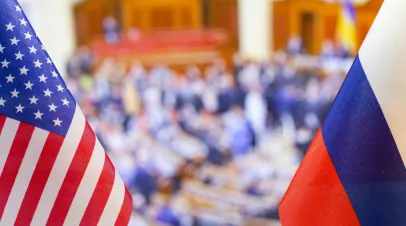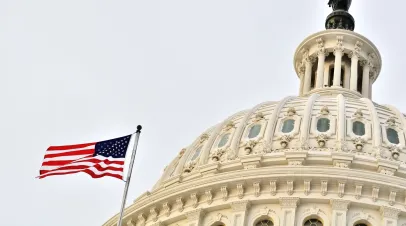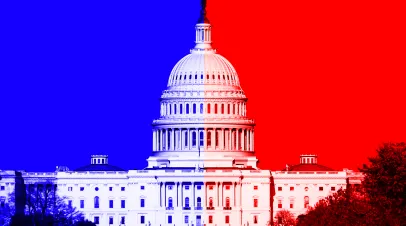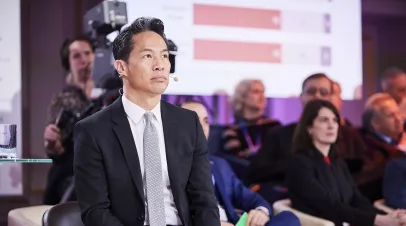Bruce Stokes
Visiting Senior FellowBruce Stokes is a visiting senior fellow at GMF. He is the coauthor of GMF’s two recent studies on rebuilding Ukraine and senior editor of the 2022 Transatlantic Trends survey. From 2019 to 2021, he was the executive director of GMF’s Transatlantic Task Force, which produced "Together or Alone? Choices and Strategies for Transatlantic Relations for 2021 and Beyond". He was also a GMF senior fellow from 2010 to 2012, wrote the 2009 Transatlantic Trends survey, and authored two GMF task force reports, "The Case for Renewing Transatlantic Capitalism", and "A New Era for Transatlantic Trade Leadership".
Stokes was a senior fellow at the Council on Foreign Relations between 2017 and 2020, and remains a member. He is also an associate fellow at Chatham House. From 2012 to 2019 he was the director of Pew Research Center's Global Economic Attitudes and coauthored numerous public opinion surveys. Prior to this, he was for 23 years the international economics correspondent for the National Journal, a Washington, DC-based public policy magazine.
Stokes was a Japan Society Fellow in 1987 and 1989, living in and reporting from Japan. He was a member of President Clinton's Commission on United States-Pacific Trade and Investment Policy in 1997 and wrote its final report, "Building American Prosperity in the 21st Century". He is coauthor of "America Against the World: How We Are Different and Why We Are Disliked" and author of "Helping Ourselves: Local Solutions to Global Problems". He edited "Partners or Competitors", "Trade Strategies for a New Era", and "Open For Business: Creating a Transatlantic Marketplace".
Stokes was honored in 2006 by the Coalition of Service Industries for his reporting on services issues. In 2004, he was chosen by International Economy magazine as one of the most influential China watchers in the US press. In 1995, he was picked by Washingtonian Magazine as one of the "Best on Business" reporters in Washington, and, in 1989, he won the coveted John Hancock award for excellence in business and economics reporting for his series on the impact of the rising yen on the Japanese economy.
Stokes is a graduate of Georgetown University's School of Foreign Service and Johns Hopkins University's School of Advanced International Studies. He attended Columbia University's Graduate School of Journalism.
Media Mentions
Featured Work
